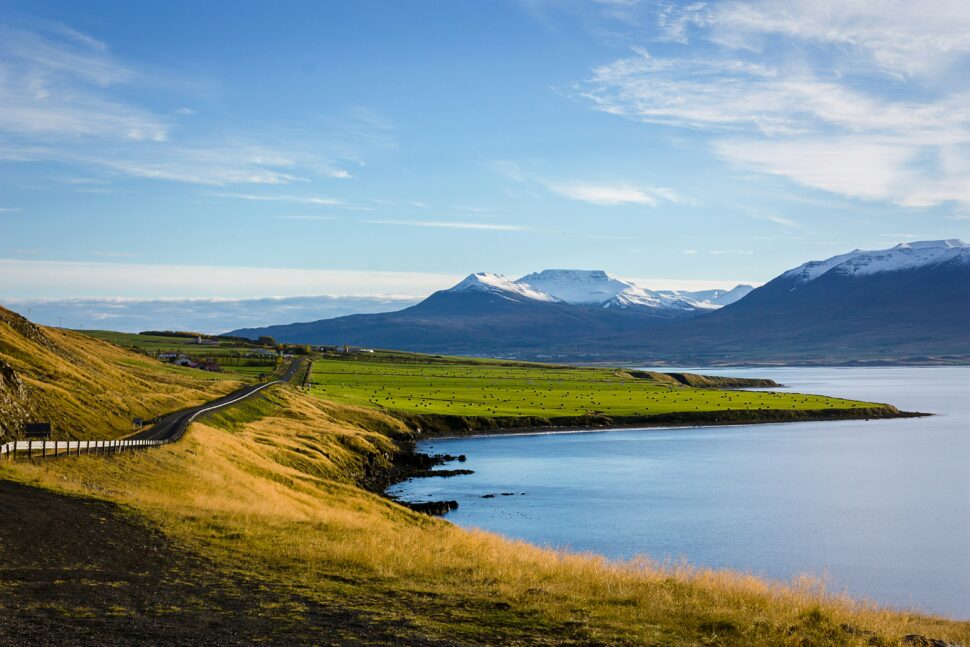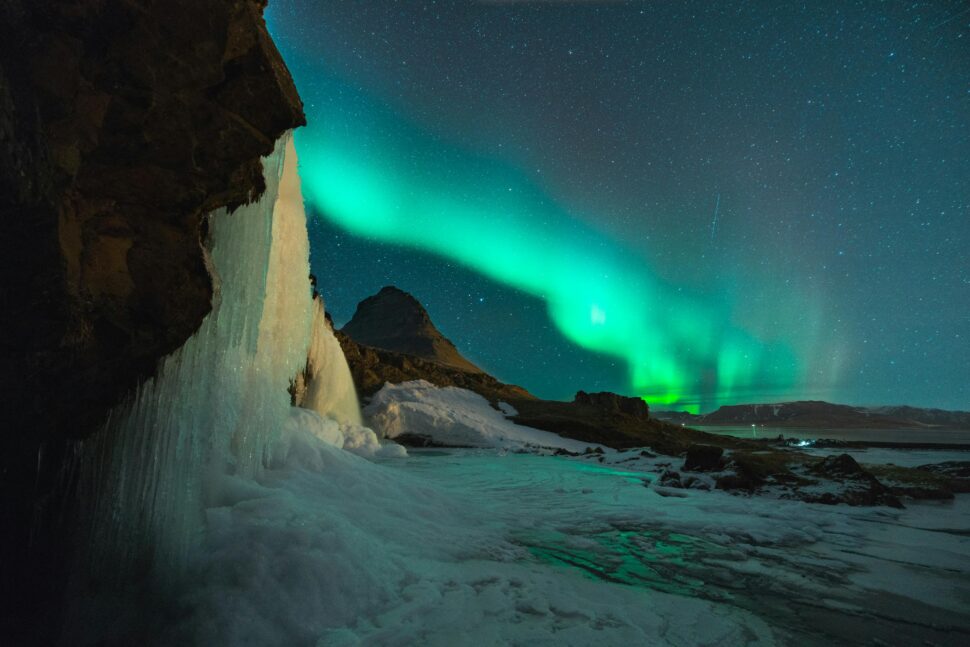Iceland is a Nordic island country known for its dramatic, scenic environment and prime positioning for experiencing the Northern Lights. Visitors flock to the stunning country thanks to its natural beauties, including waterfalls, glaciers, hot springs, black sand beaches, mountainscapes, fjords, lava fields, and volcanos.
Though it is generally considered safe, travelers should consider the risks of experiencing natural disasters or petty crime.
Official Travel Advisories

As of this reporting, the United States State Department last updated its travel advisory for Iceland in August 2024. The department currently classifies Iceland as a “Level 1” zone, meaning travelers should “exercise normal precautions” when visiting the island.
The World Health Organization and the U.S. Centers for Disease Control and Prevention do not currently have travel notices for Iceland. However, the CDC recommends that travelers stay updated on routine vaccinations before their trip. Other vaccines to consider are hepatitis A, hepatitis B, measles, and rabies. Travelers should also avoid unclean water (including floodwater), rodent bites, and close contact with sick individuals.
In Grindavik, a town on the southern Reykjanes Peninsula, volcanic activity on April 1, 2025, resulted in evacuations. One of Iceland’s most popular attractions, the Blue Lagoon, had to close due to the eruption. Keflavik International Airport has remained open, and there has been no directive to cancel travel plans to Iceland due to the recent volcanic activity. In a press release, the Government of Iceland said, “The eruption’s impact are highly localized and pose no threat to people. However, the area remains closed to visitors for safety.”
On April 3, Safe Travel, an Icelandic safety resource, noted that the area near the Sundhnjúkar fissure – including roads to Grindavik – is closed. However, the source reported that the Blue Lagoon has reopened and is accessible via Road 427.
Is Iceland Safe For Tourists And Solo Travelers?
Yes, Iceland is generally a safe destination for tourists and solo travelers. Crime is not a major issue, and tourists can explore freely and safely if they implement standard travel safety measures. However, visitors to the island should know that Iceland experiences various natural disasters, including volcanic eruptions, earthquakes, intense storms, floods, landslides, and avalanches. To be prepared if and when those natural disasters occur, travelers should have a game plan and know the resources they can use.
Crime – The State Department notes Iceland has a “low crime rate with rare instances of violent crime.”
Transportation – Tourists will likely be safe using public transportation in Iceland. Many choose to rent a car, as Icelanders drive on the right side of the road like Americans. Drivers can use safety resources, including Safe Travel and Umferdin, for updates on road conditions. Travelers should familiarize themselves with Icelandic road rules, their routes, and the best methods for navigating rural areas before getting behind the wheel.
Bank Safety Information – Take standard safety measures regarding your banking information. Conceal your PIN when typing it, and don’t give anyone your personal details or account information.
Health – Per the State Department, tourists can access Iceland’s “high-quality” medical care system. However, non-residents of the Nordic country will be responsible for their own medical bills, which may need to be paid before leaving a medical facility. Moreover, travelers should know that medical services may be limited in rural areas.
Before traveling to Iceland with your medication, make sure it is legal there. Also, it’s advised to have the recommended vaccinations and acquire travel health insurance (or international health insurance coverage) ahead of your travels.
Common Scams To Be Aware Of And How To Stay Safe In Iceland
Tourists should exercise caution and common sense in Iceland. There aren’t many common scams, but be wary of tourist traps and petty theft. Always keep your valuables (including your passport) in a safe and secure location. The State Department notes that visitors should “be aware” that downtown Reykjavík may be disorderly as people leave bars and nightclubs in the early morning hours. U.S. travelers are always encouraged to register for the Smart Traveler Enrollment Program (STEP) before jet-setting abroad.
Where To Stay In Iceland
Most tourists visit or at least pass through Reykjavík, the country’s capital. Other cities you may consider include Akureyri (for the art scene and local botanical garden), Vík (for the landscapes), and Húsavík (for whale watching). Some of the best places to stay in Reykjavík include Airbnb gems, Kex Hostel, Hotel Reykjavík Saga, Eyja Guldsmeden Hotel, and Exeter Hotel.
Best Time To Visit Iceland

The best time to visit Iceland really depends on what you want to do. June through August is peak season, perfect for mild weather, seeing the midnight sun, hiking, and wildlife tours. However, if you want to see the Northern Lights, late September through March is recommended.
People Also Ask
Is Iceland safe for American tourists?
Despite the natural disasters that can occur, Iceland is safe for all tourists, including Americans. Just remain aware and updated via the country’s travel and safety resources.
What are the risks in Iceland?
Generally speaking, there are risks of natural disaster occurrence(s) and possible petty crime.
Do they speak English in Iceland?
The official language is Icelandic, but English is commonly spoken.
Are Icelanders “friendly”?
Many consider Icelanders “friendly” and kind, though likely more reserved than the typical American standard.
Should You Still Travel To Iceland?
Traveling to Iceland is safe, but travelers should know that they’ll be subjected to local laws and punishments.
If you are doing outdoor activities, submitting your plans to Safe Travel will help emergency resources get to you should you need assistance. Other resources that travelers should heed include Visit Iceland, the Icelandic Met Office, and the Department of Civil Protection and Emergency Management. Always note and adhere to a site’s warning signage (like signs about slippery rocks, strong undercurrents, etc.). Visit Iceland recommends packing layers regardless of the season.
Be sure to be vaccinated and have travel health insurance before your trip.





